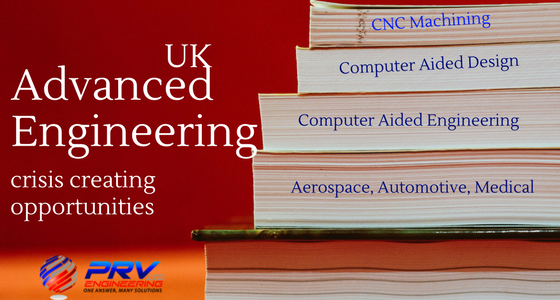Considering the rapid advancements in technology, it’s easy to forget some of the revolutionary inventions of the 20th century. Some of these inventions have resulted in products or services we take for granted today.
Many emerging technologies can be attributed to one, or several, earlier inventions. A prime example of an obsolete technology that has transformed the modern world is cathode ray tube monitors. While it was prominent in earlier years, they were quickly replaced when LCD and plasma screens were invented.











Recent Comments